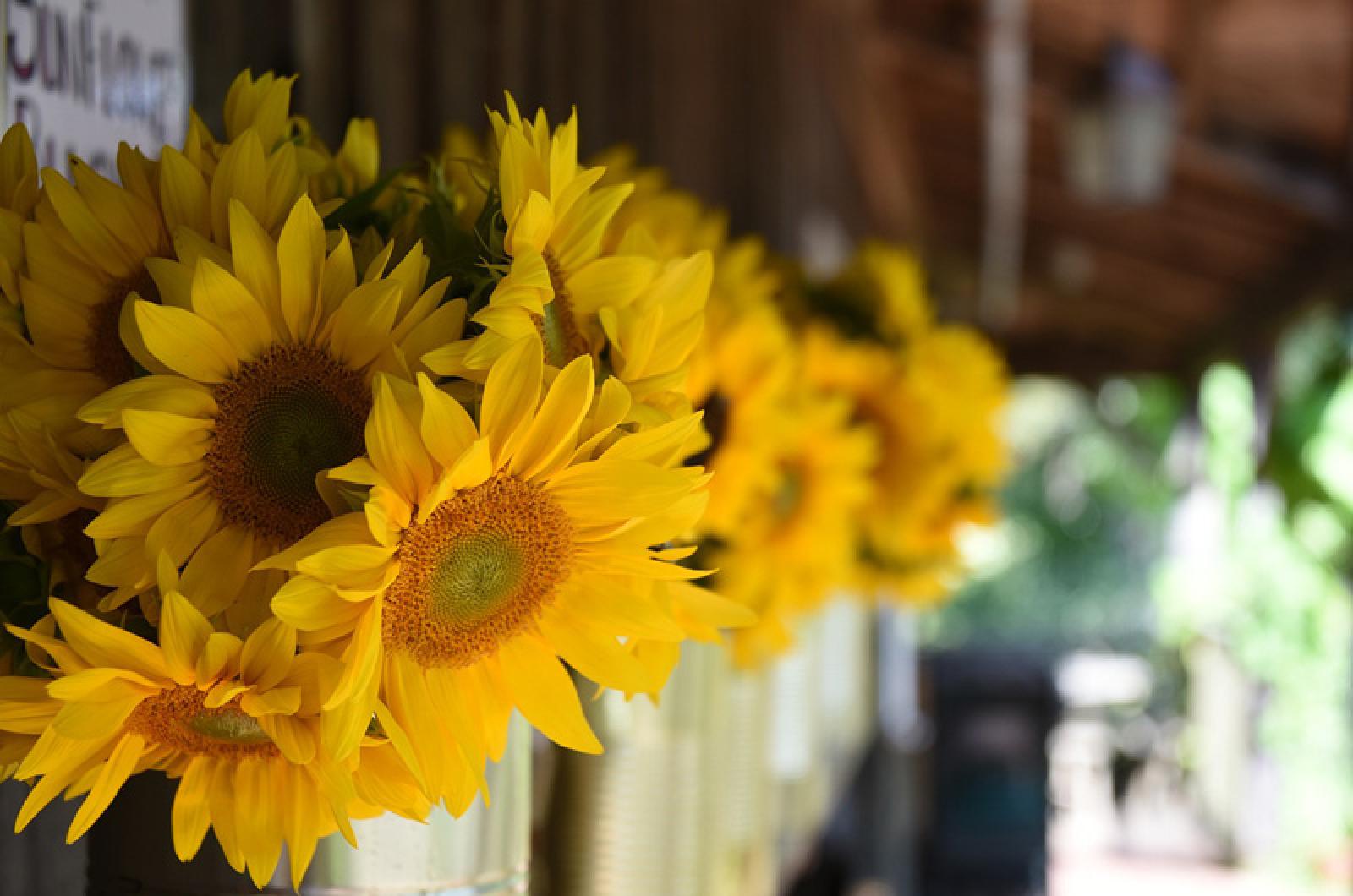Yes, I am the 10-year-old Ukrainian kid whose parents are trying to shelter from Russian bombs — in my case they were German bombs. And no, we did not have a basement to our building or a subway to shelter in. My parents moved our dining table into an interior hall space and took the mattresses from our beds to cover the table top and that is where we crouched under, my younger brother and I, trying to cover our ears while the city of Rotterdam was being bombed into smithereens to subjugate us. Queen Wilhelmina and her ministers fled to England and my country, Holland, capitulated to the German invaders within five days.
Four years later I am a young girl, at play, rollerskating on the rather bare sidewalks of The Hague, carrying messages from one address in the Hague to another, in a small way helping the Underground maintain its network of communications. The Germans expected the Dutch to greet them in 1940 as friends: we were “fellow Aryans,” blue-eyed blondes, we spoke a Germanic language after all. And yes, there were Dutch Nazis and sympathizers who were impressed by and wanted to be part of the “master race”. But the Resistance went into action immediately, sabotaging German installations, communications, transportation, blowing up Germans, whatever worked. And many Dutchmen and women willingly paid the price.
Forward seven years: The first meeting in The Hague of the Congress of Europe with Mr. Churchill, the president of France, all other European dignitaries. I am there as an interpreter for French and English. “No more war in Europe. Not ever again. Never, never, never.” A great sense of purpose, forerunner of NATO, the European Union.
Forward to 1963: I am at Faneuil Hall, at Durgin Park, in charge of the Boston visit of the first group of professional, highly selected Russian student leaders allowed to visit America. A careful exercise in rapprochement. The whole dining hall goes quiet when word spreads that President Kennedy has been killed, by a Russian, we hear. I get the group very quickly back to my house in Cambridge where emotions of concern run deeply on all our parts, we work together through the immediacy of this awful event. Russians most certainly are caring human beings.
Here we are, 81 years later, and once more parents are trying to shelter their kids from bombs aimed at subjugating a free country to a male dictator’s warped sense of national self- aggrandizement and superiority. Hitler came to a bad end — may the same thing happen to this one. May we be able to help Ukraine — and may the Russian people be able to free themselves in the process.
Alida O’Loughlin lives in Oak Bluffs.







Comments (8)
Comments
Comment policy »